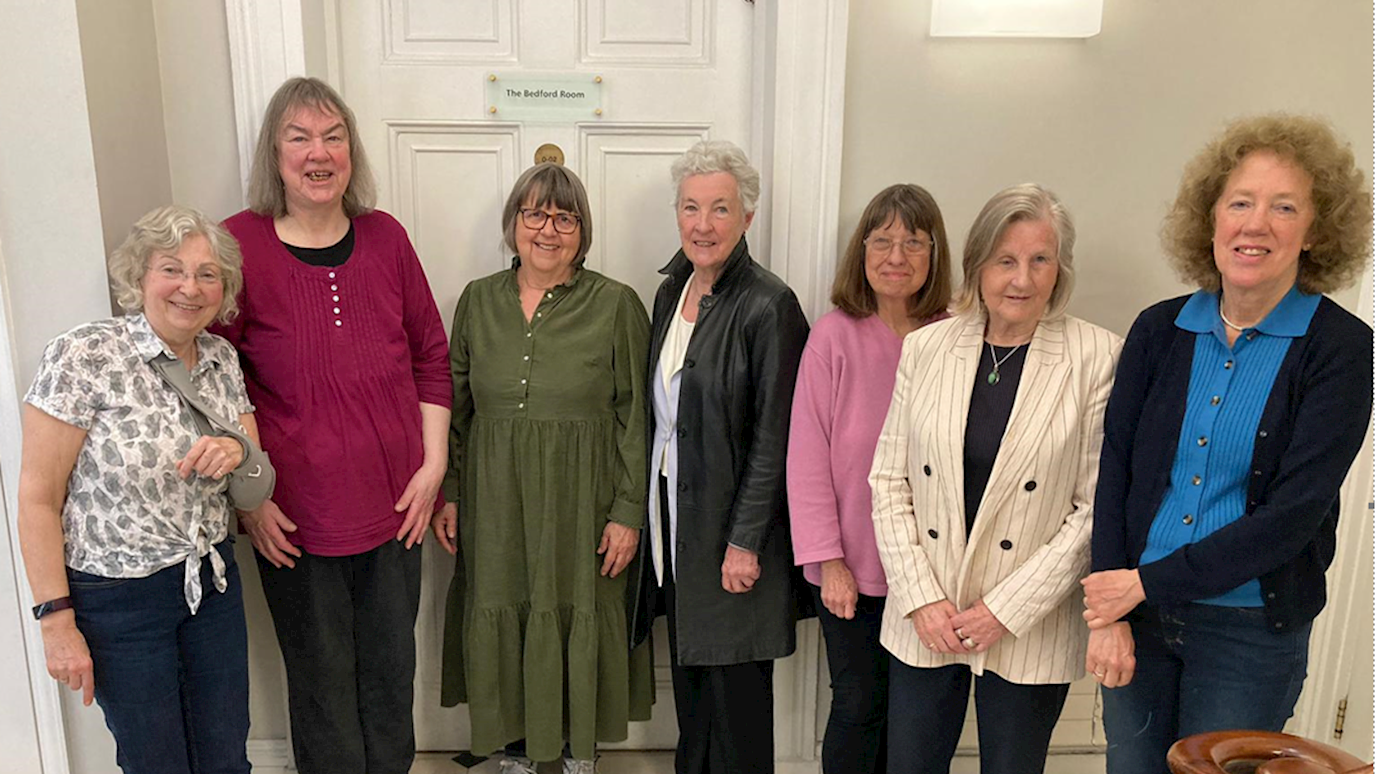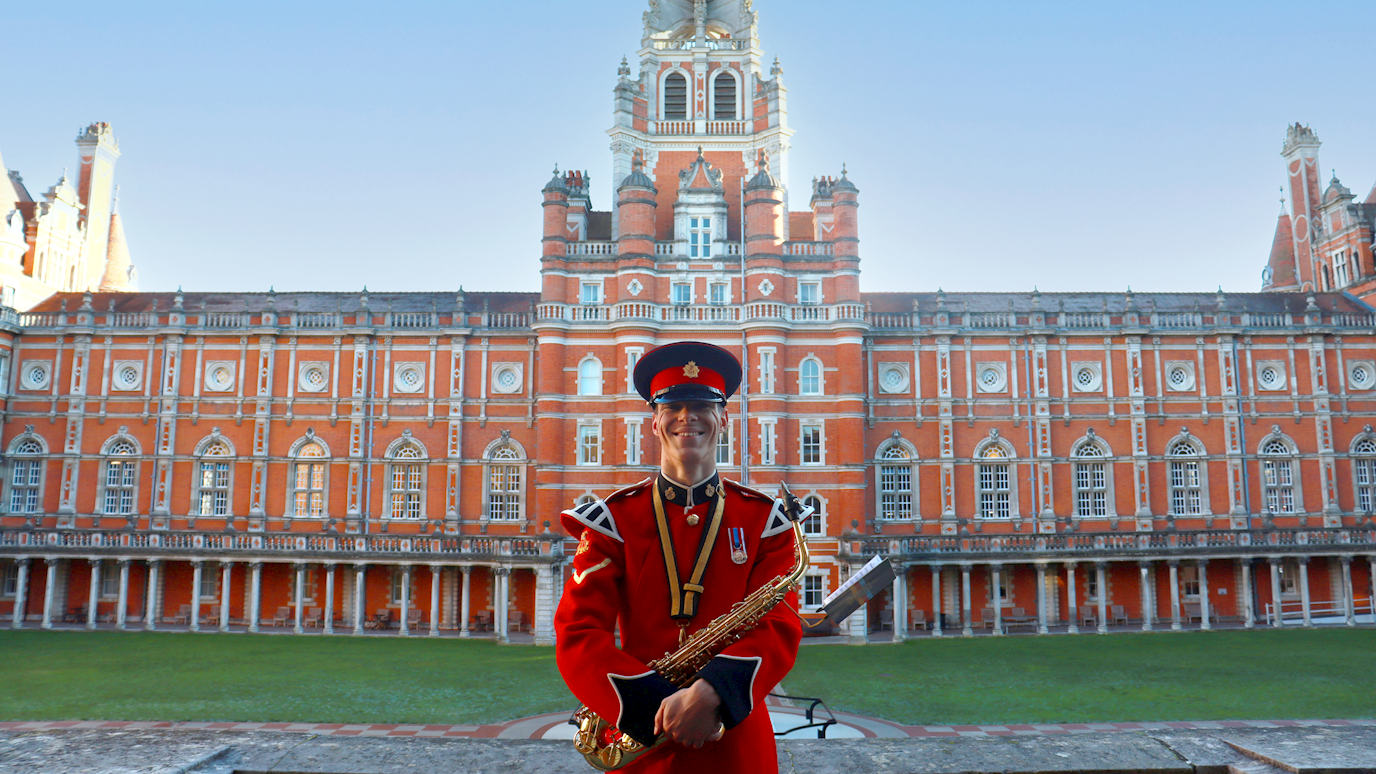By Kate Léa (Micheal Léa's Wife)
Born in Kendal, Michael obtained a Hastings Scholarship to read Physics at The Queen’s College, University of Oxford. In 1964 he became one of the first Physics postgraduates at the then ‘new’ University of Lancaster. He built his first Low Temperature laboratory in the city; his second on the new campus; a third at Bedford College University of London; and a fourth at Royal Holloway University of London where he was appointed Professor of Physics.
His main research interests were in experimental Low Temperature Physics and he published over 150 research papers on Metal and Superconductors; Quantum Fluids; Cryogenic Techniques; Piezoelectrics and Semiconductors, Particle and Dark Matter Detection; Two-dimensional electrons and Quantum Computing. His most recent paper was published in Phys.Rev.Lett. in 2017. Colleagues have described him as ‘brilliant’, ‘remarkable’, and a ‘wonderful individual’. John Saunders (Professor Physics RHUL) says ‘Mike was an esteemed colleague who played a key role in the Department, particularly following the merger in the mid-80s. He is remembered for the encouragement and support he offered to new members of staff. Professionally, he is particularly missed by the Low Temperature group, through his important work on electrons on helium, and associated international collaborations, which truly paved the way for the current resurgence of the topic as a pathway to quantum computing. Together with his dedication as a teacher, and supervisor of PhD students and postdocs he has left an impressive legacy.’ On retirement he became an Emeritus Professor of the University of London.
At Lancaster Michael met his wife Katherine (Kate) and they married in 1966. Both developed a passion for the Arctic and they spent many summers out in the wilds of Greenland, Svalbard and Baffin Island making sound recordings of birds and narwhal. They visited Inuit settlements in North-West Greenland and used inflatable boats to explore the fjords of North East Greenland. Here they rarely encountered anybody else but had significant encounters with wolves, musk-oxen and polar bears. Their most memorable boating trip was a circumnavigation of Clavering Island. This had its hairy moments, particularly trying to find leads through the pack ice towing a second boat while being increasingly forced further away from the shore. Michael became President of both the Arctic Club and the Scottish Arctic Club, served on the Gino Watkins Committee awarding grants to arctic expeditions, and set up the Arctic Club website.
Retiring back to Westmorland, they tackled many new projects; editing a newsletter for the Cumberland and Westmorland Antiquarian and Archaeological Society; taking 33 members on a ‘pilgrimage’ round the Saga sites of Iceland; publishing a new edition of W G Collingwood’s Letters from Iceland; saving and raising the profile of old cast-iron fingerposts in Cumbria; and raising money to restore a local tithe barn.
























